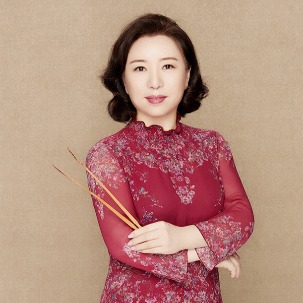Hither & thither, the majesty of a zither


She has also helped to give Chinese yangqin artists a bigger stage, taking them on overseas tours, last year leading a delegation of musicians to Iran, including the Jasmine Ensemble she established in 2008, to swap ideas with Iranian santur performers, and in July she accompanied yangqin performers to Italy, where they staged concerts at Teatro Verdi in Florence and elsewhere in the country.
"Music can foster peace and friendship, and bring people from different countries together," Liu says. "I feel this is an important role for music. In working to promote the yangqin I've made many friends."
The International Dulcimer Music Festival in Beijing recently marked a departure, being the first time the event has been held outside the United States, the first two editions being held at the Eastman School of Music in New York last year and in February. The Beijing venue that accommodated world dulcimer ensembles for this year's event provided traditional Chinese yangqin masters with the ideal setting to exchange ideas with their overseas counterparts.
One of the locals was Fu Bing, 74, who managed to communicate with foreign musicians using his limited English, hand gestures and music, and was able to record it all for posterity with a smartphone at the end of a selfie stick. Fu, a key figure in the Sichuan school of yangqin, first picked up the instrument when he was about 9, and for more than half a century has had an agenda similar to that of Liu, working to preserve the history and culture of this form of yangqin music.





































